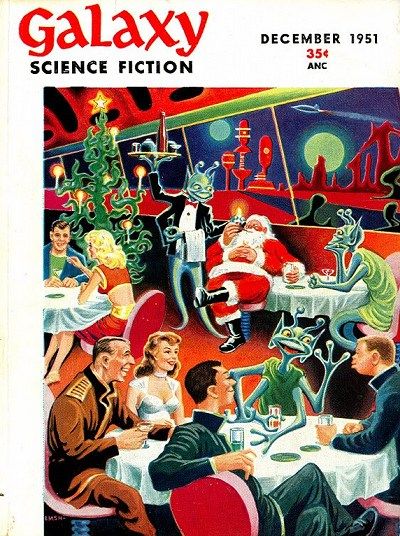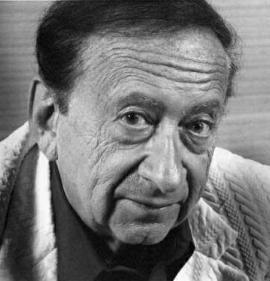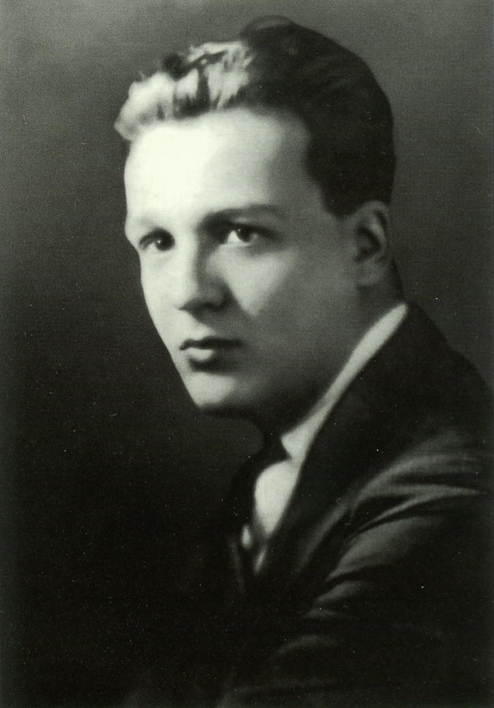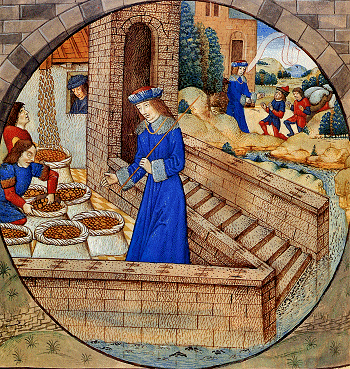Friday, March 5, 2010
Why Short Fiction?
We live in a paradoxical society of far fewer readers than preceding generations despite higher literacy rates. By "readers" I do not mean those who read only what is necessary to conduct business or what they might casually scan in a newspaper or website. I am also speaking only of adults and young adults, who read at no one's behest. More specifically, I mean those who read as a source of entertainment. Of these, an increasing number read only what is heavily supported by visual information (i.e., comic books and graphic novels). Most everyone else reads exclusively long fiction, or what we call most generically, "the novel". The reason for these trends, where an obvious link in the fictional chain seems to be largely missing from the lives of readers, can be laid at the feet of commercial publishing, which has determined choices through marketing to support their maximal profit-oriented motives. But if we look at fiction in its pure form of bringing imaginative pleasure to the human mind, then short fiction has a definite and important role to play. It is the form of fictional literature that is the most venerable. Some say the earliest surviving short story is "The Story of Joseph" in the the Book of Berashith in the Hebrew Testament. Others, using a different line of technical argument, believe it is more properly "The Book of Job", also from the Hebrew Testament. Be that as it may, the short fiction form compares very well with our species' much older oral tradition of storytelling that came before literature and co-existed with it until mass-produced industrial-scale publishing edged oral fiction out of the traditional picture. The fact of the matter is that short fiction, whether it be a prose poem, short narrative poem, flash story (vignette), short story, novella or novelette, possesses the potential of concentrated energy that can have a most striking effect upon the reader. Short fiction is also eminently suited to the pace of life in which we now find ourselves, where the time to read for pleasure can be very limited on any given day. Short fiction allows us to enjoy and focus on a rounded narrative in one, two, or three sittings, giving the reader a sense of imaginative accomplishment, and, indeed, something to fully reflect upon and about which he or she may converse with others. This blog will not discriminate on the basis of genre in its recommendations, and it will review matters in terms of positive points of reading pleasure. It will also not treat narrative poetry as a separate category from fiction; prose-form fiction is a relatively recent invention in literary history, so I will not commit the imbecilic presumption, say, of claiming that there was no "fiction" in English until Thomas Malory's prose romance, Le Morte D'Arthur was published in the middle of the 15th century! Hopefully the reviews and essays of this blog will serve to create a vital link in the chain to get publishers once again to print short fiction with the same dedication they did from the 1920s through the 1960s.
Subscribe to:
Post Comments (Atom)



























No comments:
Post a Comment